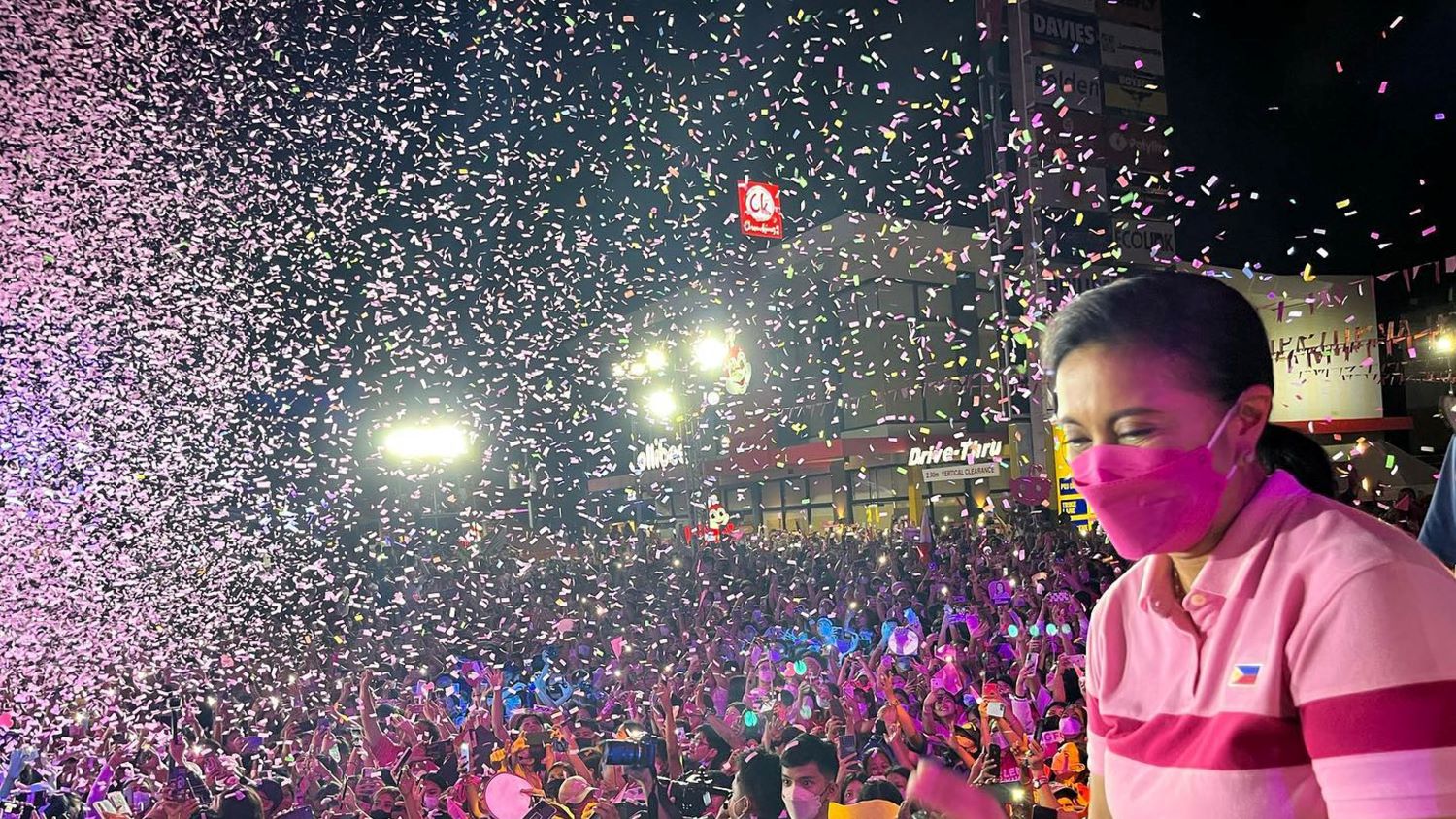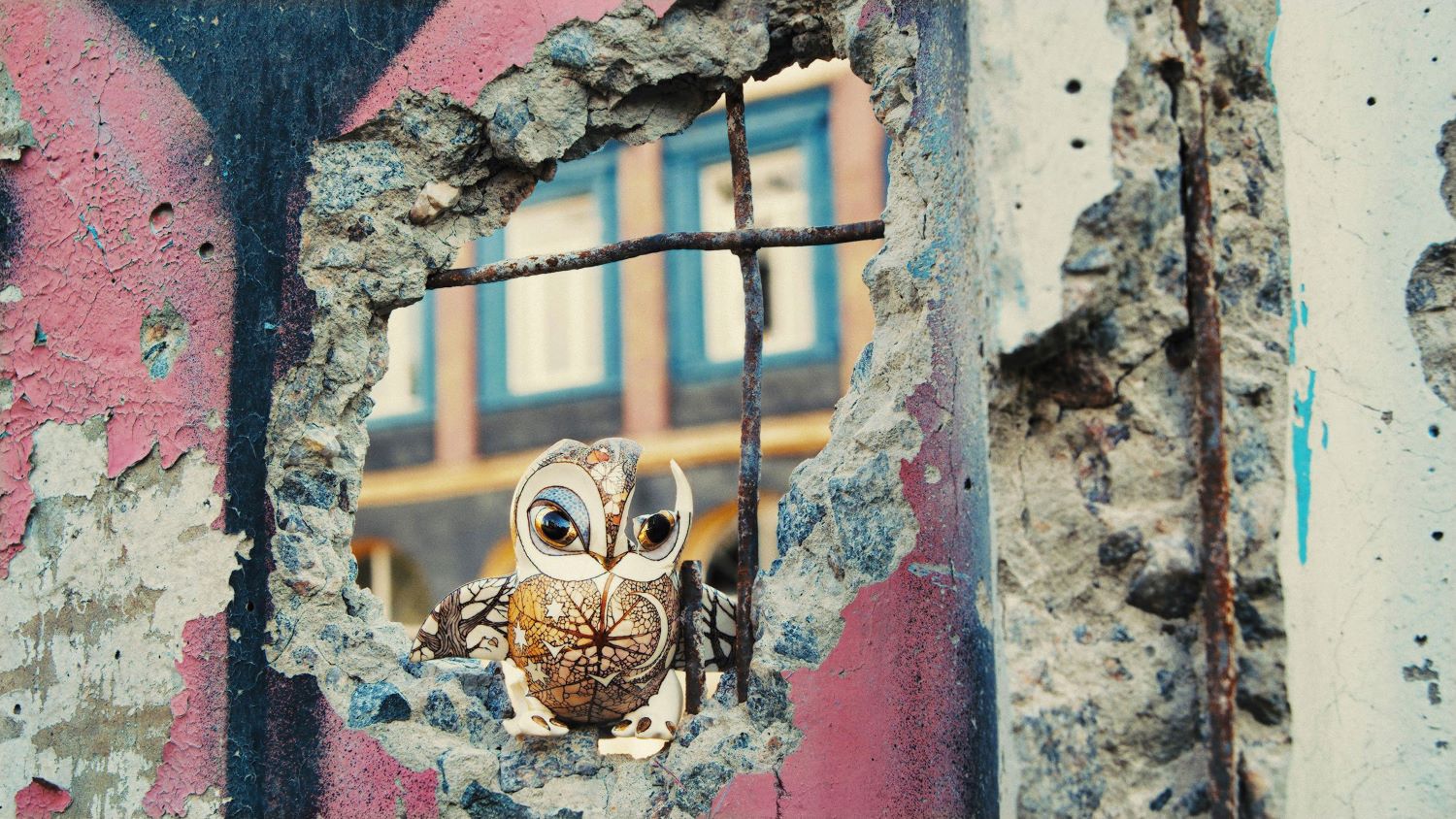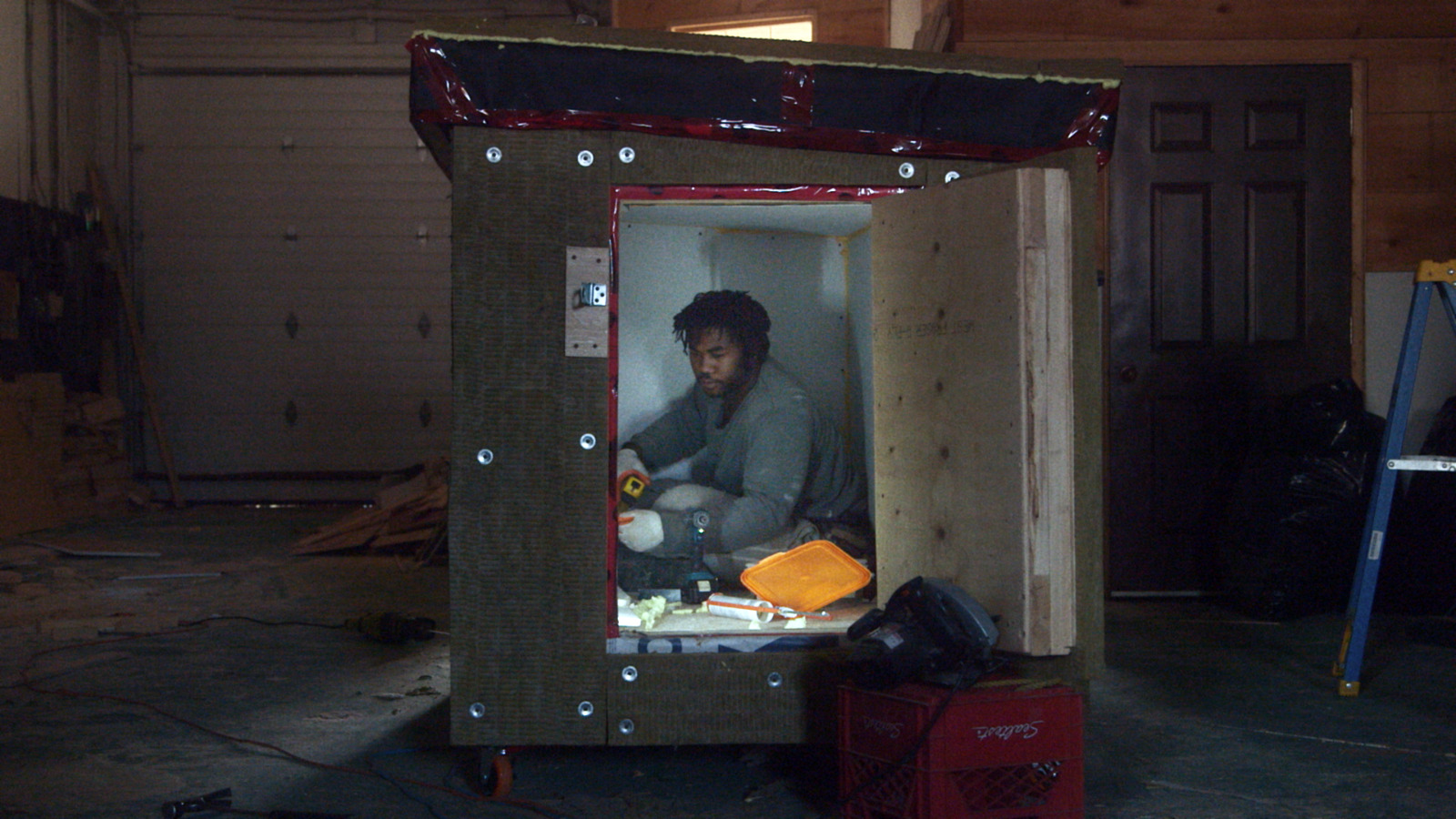And So It Begins
(USA, Philippines, 113 min.)
Dir. Ramona S. Diaz
Program: Premieres (World Premiere)
The fragile ice that the house of democracy built itself on is cracking and filmmaker Ramona S. Diaz is sounding the alarm. In her latest film And So It Begins, Diaz (A Thousand Cuts) uses the 2022 Presidential elections in the Philippines to highlight the ways in which misinformation has altered the political and media landscape globally.
As documentaries such as While We Watched and The Social Dilemma have shown, the systematic erosion of truth and legitimate news sources has opened the door for authoritarian governments to gain power under the guise of nationalism. The residents of the Philippines know firsthand the horrors that come with living under an autocratic system. After enduring six years of President Rodrigo Duterte’s war on drugs campaign, in which thousands were either killed or went missing, Diaz’s film shows a glimmer of light that is finally starting to show at the end of the dark tunnel.
With Duterte’s term coming to an end, many people who appear in And So It Begins look towards Presidential candidate Leni Robredo, his former Vice President, as Filipino elections vote for the President and Vice President on separate ballots with hope to bring change the country desperately needs.
Robredo’s path to the presidency is not without its challenges though. Opening the film with clips of Duterte calling her term as VP as a “colossal blunder” and claiming she did nothing in office alongside archival footage of his comments about Robredo’s beauty and short skirts, Diaz immediately establishes the toxic climate the candidate already had to endure for five and half years. Robredo herself remarks at a campaign stop that she felt like she had unknowingly “joined a fraternity” upon being elected to office.
While dodging Duterte’s blatantly sexist jabs has become par for the course for Robredo, her campaign experiences some powerful blows when a new candidate, Ferdinand “Bongbong” Marcos, enters the ring. The son of former President and dictator Ferdinand Marcos, whose regime spanned two decades and was marked by brutal murders, rapes, and abduction, the younger Marcos brings with him a legacy of corruption and brutality that he displays no interest in answering for.
Refusing to speak to most news outlets and opting to travel with his own personal vloggers, Marcos brushes aside questions of shady deals that his siblings seem to be benefitting from financially. As Diaz’s film notes, the Marcos family has spent decades systematically rewriting history since being forced into exile by the People Power Revolution in the mid-1980s. Whether it is through the museum they established or the social media team working on their behalf, the family who was once seen as villains by some have rebranded themselves as the hero of the story to others.
Aiding this revisionist history is the rampant spread of misinformation that has infected social media like a virus without a clear cure. At one point in the documentary, while speaking with Maria Ressa, the Nobel Peace Prize winning journalist and founder of Rappler news organization, Robredo admits that her campaign made a mistake by not addressing the online lies earlier. Simply ignoring them allowed it to metastasize even further.
While Diaz’s camera follows Robredo along the campaign route, observing the colourful pageantry of rallies and the thousands of people who come to hear her speak, the documentary does not build the political tension that one hopes for. Part of this is due to the lack of access that Diaz has to Marcos or the other competitors, and the fact that Robredo herself is never fully explored.
The audience is given just enough to understand the sexism she endured, but there is very little about Robredo as a person or her role as VP in Duterte’s administration. Did she attempt to present less harsh alternatives when implementing his war on drugs? Or was his tactic of ruling through fear enough to keep her silent for all those years?
And So It Begins may present Robredo as the beacon of hope, but it is far more interested in how misinformation is diming the light of freedom in general. A companion piece to her pervious film, A Thousand Cuts, which chronicled Ressa’s fight to report on Duterte’s war on drugs, Diaz’s documentary is most riveting when focusing on how the journalist and her staff attempt to combat the demise of truth-based journalism, including the numerous ways Duterte tries to silence Ressa. In one harrowing sequence, the staff at Rappler get a crash course in the how authoritarians use the law to scare journalists into submission.
As riveting as the sequences with Ressa are, Diaz’s film does not provide much insight into those who are openly embracing a return to the type of autocracy that crippled the country close to 40 years ago. The audience is provided with the strategic way the meal is being feed to many, but not why so many chose to eat it.
Furthermore, the film sounds the alarm on the raging flames of misinformation, but provides little instruction on how society can put the fire out. Ressa makes it clear that journalists need to continue to combat fiction with facts and scrutiny, however, her staff seems uncertain that that will be enough in this digital era we live in. After all, unlike Robredo’s campaign, not everyone can afford to hire a team to solely focus on squashing mistruths before they becomes too difficult to debunk.
And So It Begins makes it clear that now is the time to fight preserve democracy, but figuring out how to do it is the biggest challenge.













